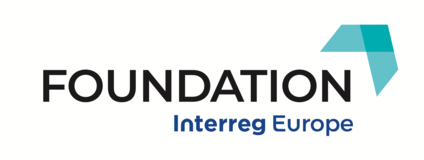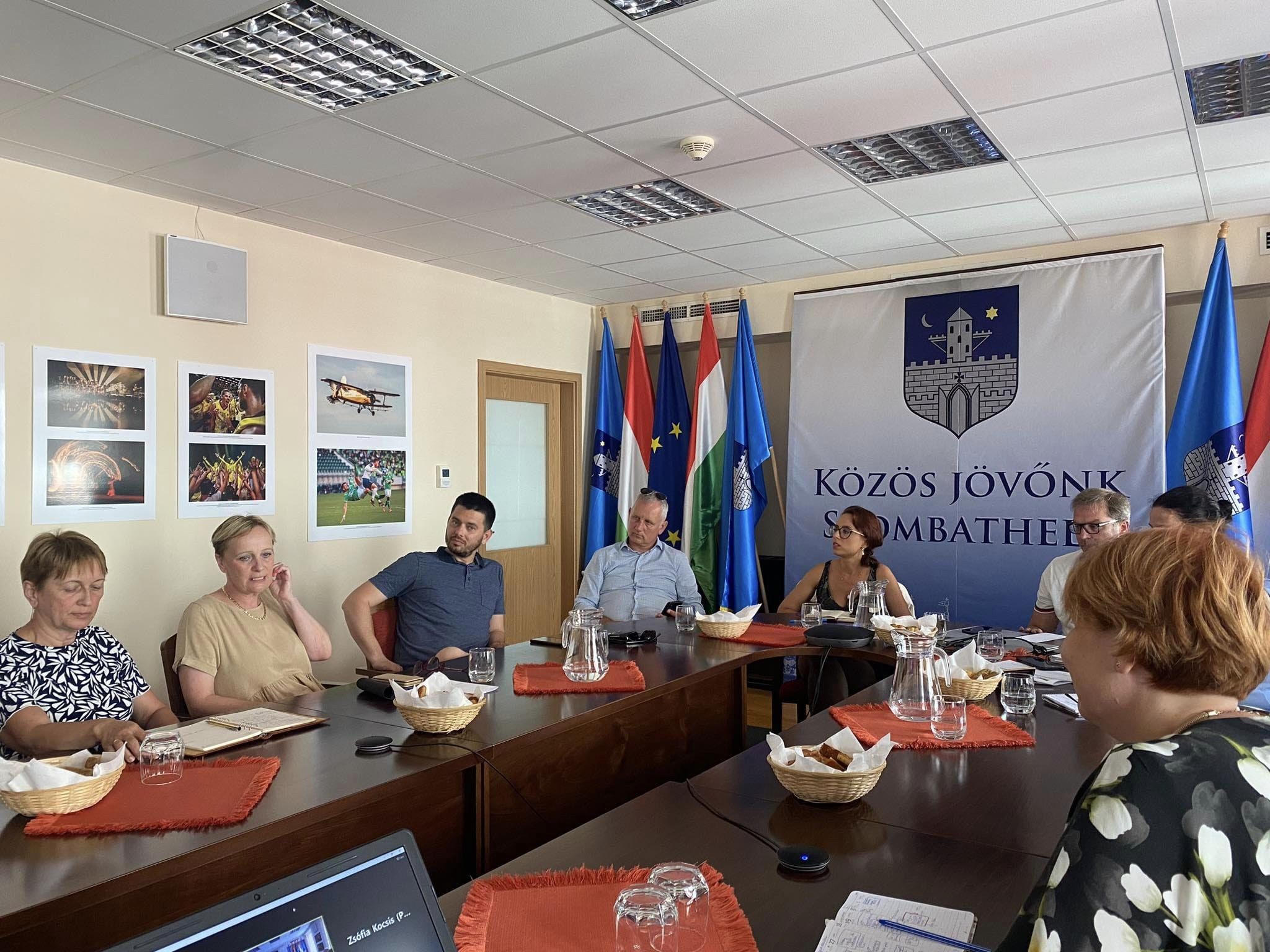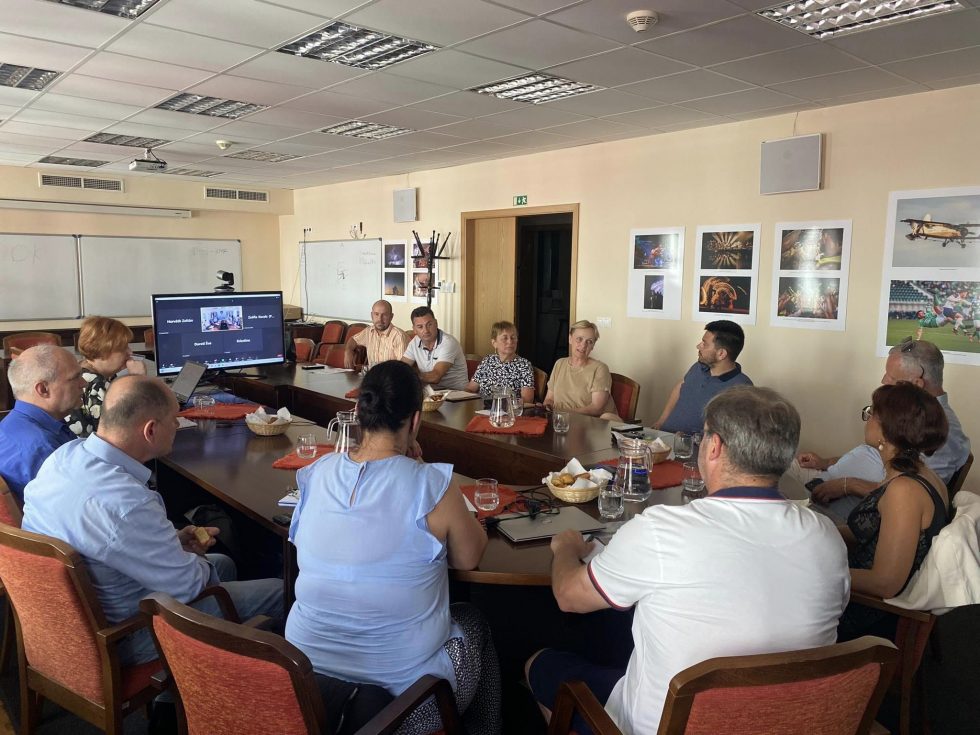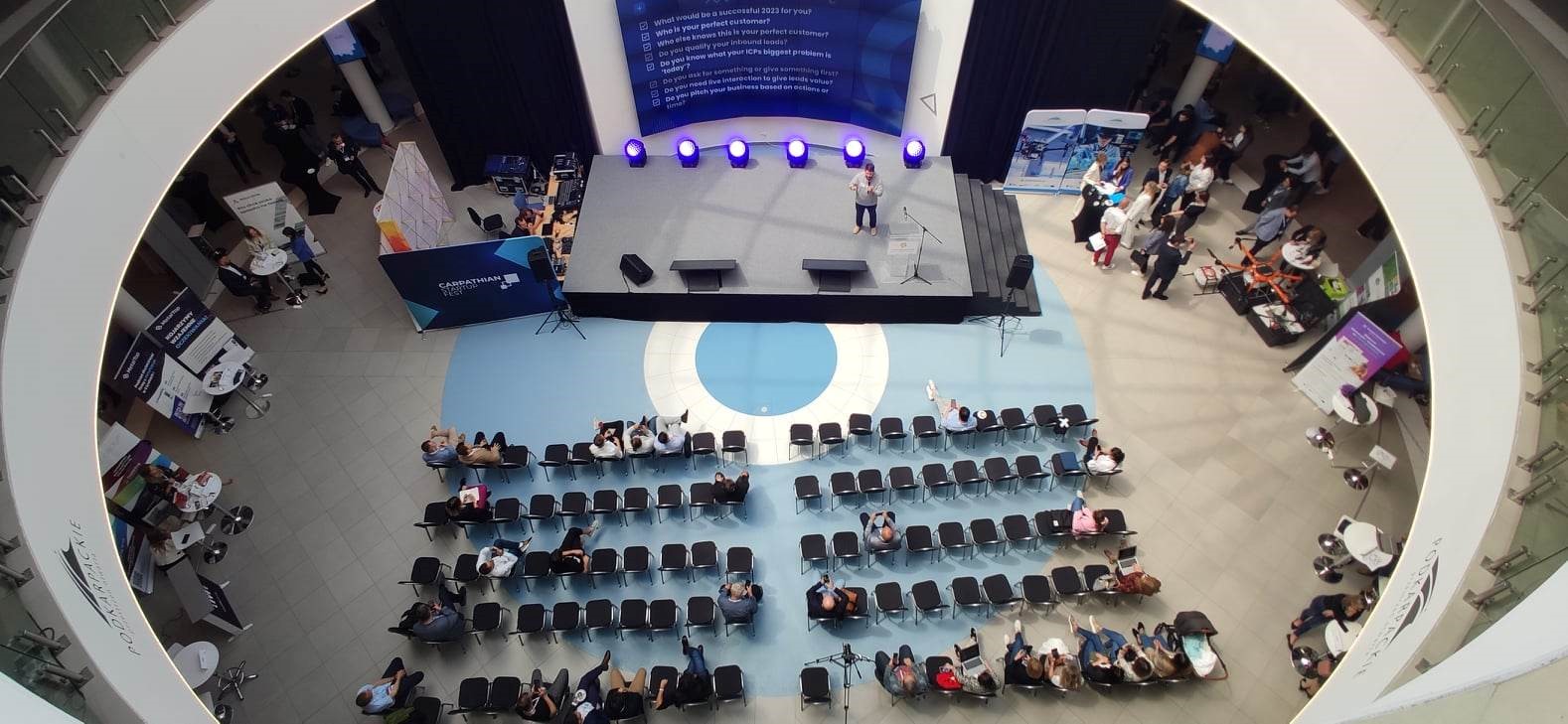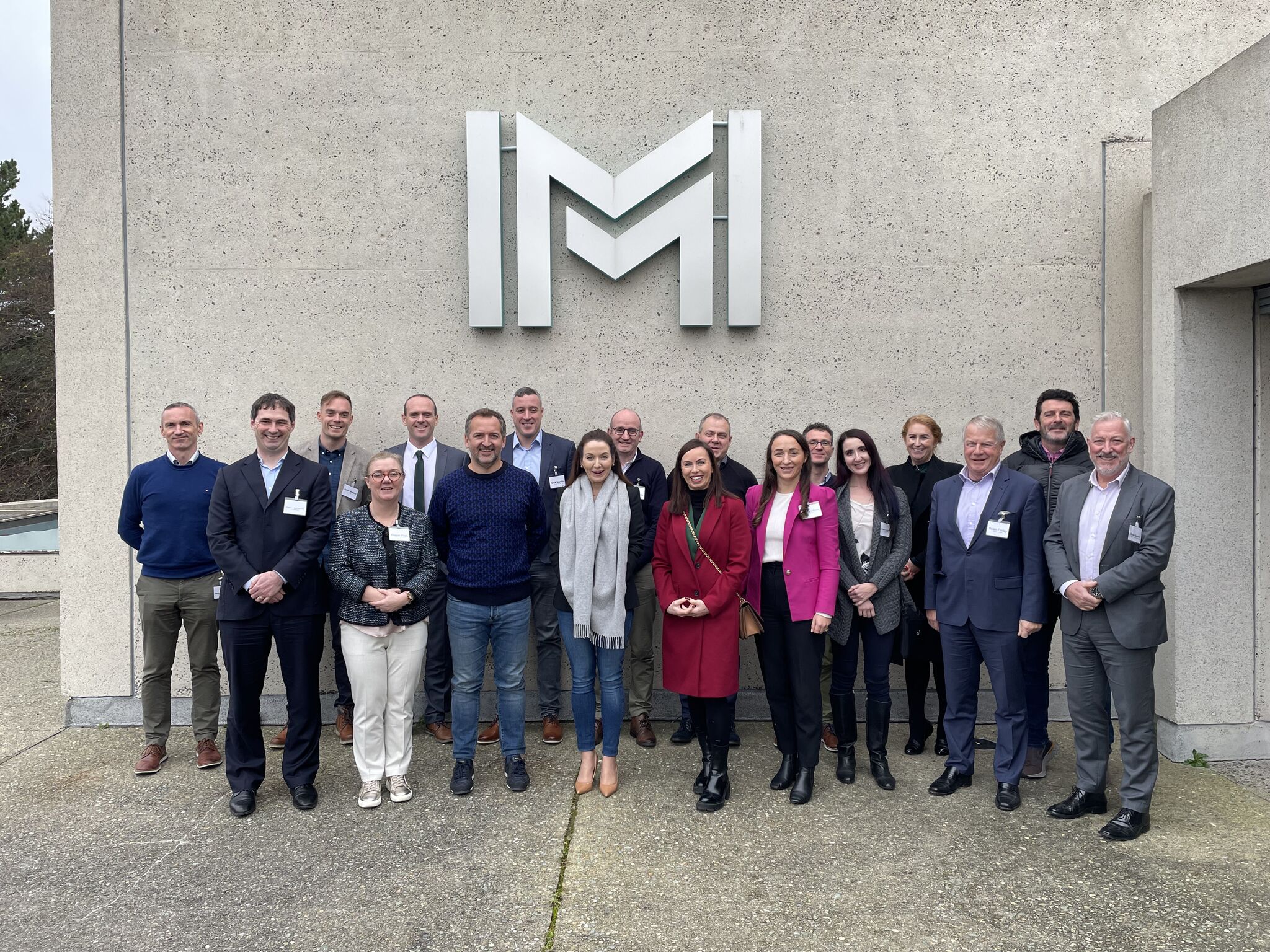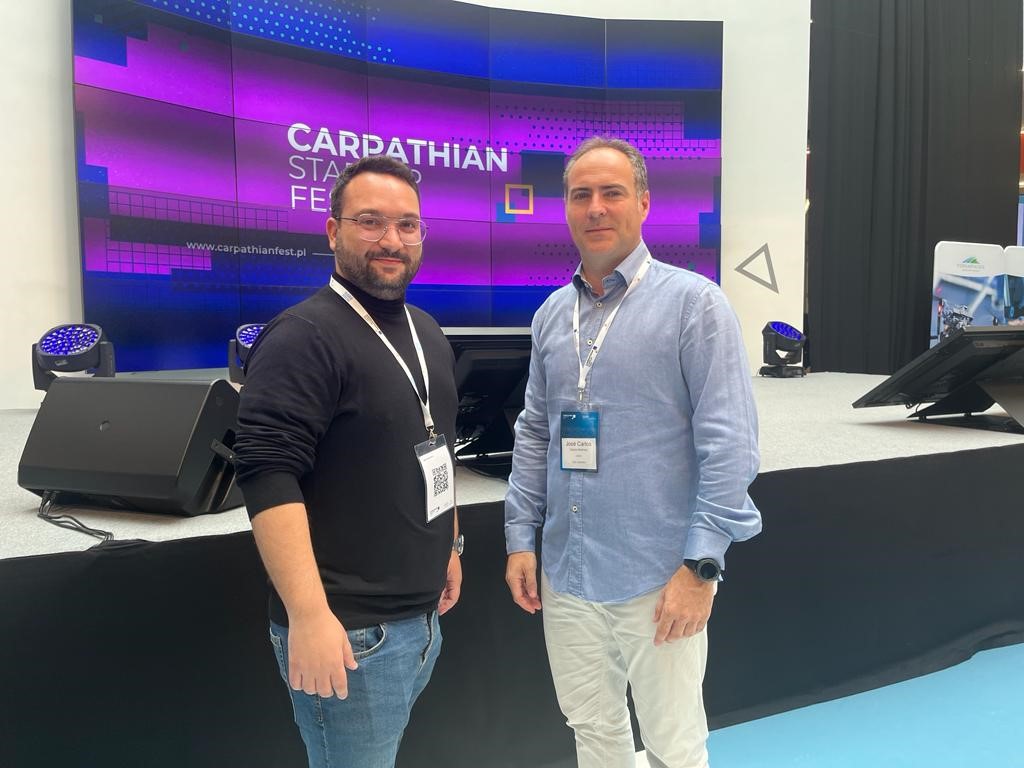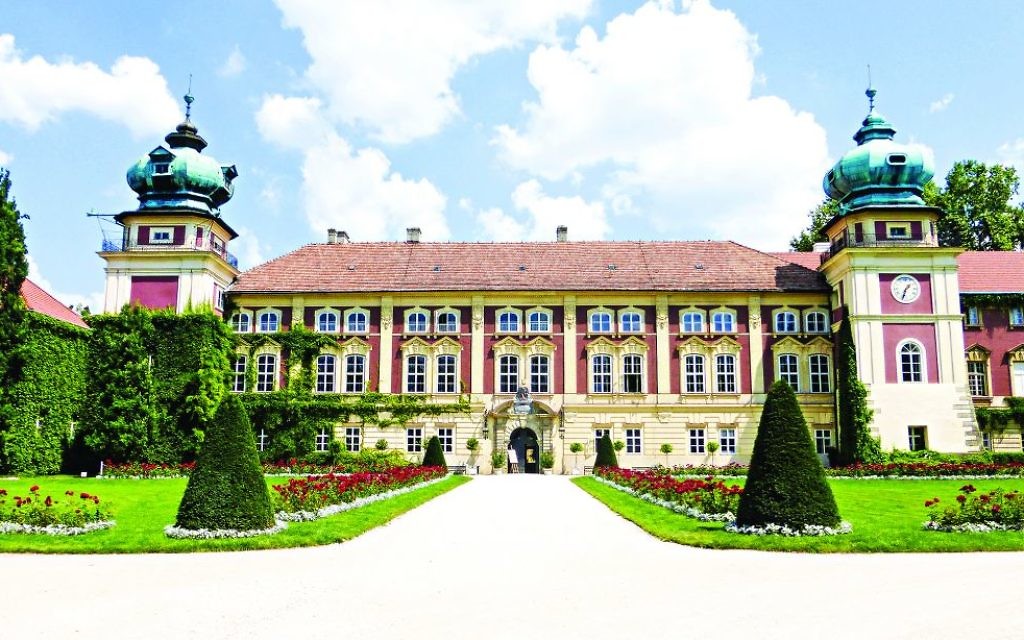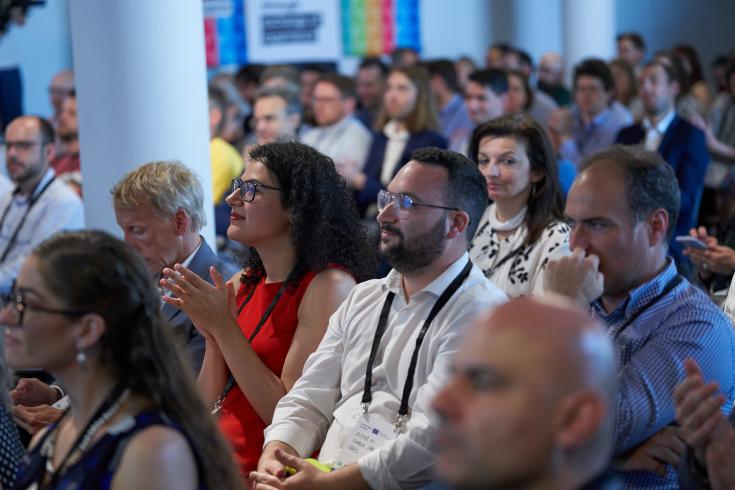Why has Greater Manchester adopted this approach? Mainstream leadership and management programmes for SMEs typically focus on coaching and mentoring via experienced associates. Business schools also have expertise in best practice management techniques, and draw on the most up-to-date evidence of what works… but too often only large firms benefit from this.
In other countries where SME productivity is higher (US and Germany), SMEs are known to much more readily engage in leadership & management training, and the UK Productivity Review found this to be one of the key opportunities to boost UK productivity (as well as tech adoption)
Business as usual is unlikely to turn the dial - only 15% or so of GM SMEs say they engage currently with leadership training.
The programme will be a collaboration and brand sharing between a consortium of the four GM university business schools, working closely with referral and delivery partner GC Business Growth Hub. The programme will operate through shared delivery, drawing on the best experts from all partners and will operate to support existing initiatives as a feeder and follow-on experience.
The aim is to move the dial on leadership and management support for GM’s existing SMEs as well as any new business establishing itself in the GM area, so that they are aware of the importance of adopting best practice management methods to bottom-line, and through both this programme and a wider GM brand that partners can coalesce around for the long-term.
The programme is designed to enable SMEs to bounce back from the current situation faster, whilst realising the learnings from their experiences. Sustainability and inclusivity will be embedded throughout, as will a recognition of the opportunities that the Greater Manchester 2038 carbon neutrality goal provides.

The four GM Business Schools, in partnership with the GC Business Growth Hub (GC BGH) see this a unique opportunity to create a city-region first in COVID recovery business support package through a £2M programme that enhances SME leadership and management abilities at this vital economic tipping point.
The programme has been divided into two halves one is focusing on the leadership characteristics the other is focusing on management characteristics both of which will be key to building resilience for the post COVID economy.
Supporting strands:
• Podcasts - A weekly podcast will be produced featuring up to the minute insights for SMEs and interviewing small business leaders, academics and industry experts. This will serve to promote the programme and to enhance its depth and currency. Podcasts will be sorted and mapped and linked to relevant units on the main platform
• Discussion forum – A managed online discussion forum will be built into the platform and will offer a space for online participants to interact with the programme team and connect with each other
• Benchmarking – As data is generated by the diagnostic and unit activities, we will be able to offer anonymised benchmarking by area and business sector. This will enhance the participants programme experience and support ongoing engagement
• Community – The equivalent of an “alumni” programme of virtual and face-to-face events focussed on current issues and topic-based support for implementation
Case Study: Support from GC Business Growth Hub’s innovation team helped a GM Company to test and develop a new fuel additive that reduces dangerous emissions from diesel engines.
Through its own product development the company identified that one of its commodities might affect harmful particulate emissions from diesel combustion. These particulates are small enough to be suspended in the air and when inhaled can cause major respiratory problems. The dangerous effects from diesel emissions are well documented and are a major issue around the world. If the product could be developed and proven, it could have a major impact on both the company and the environment.
The Hub’s innovation team has a strong working relationship with all four of the region’s universities, and circulated a draft collaboration project to gauge interest in the new additive.
The University of Manchester offered their expertise and launched a six-month research and testing project which focused on the extent to which harmful particles were reduced, and also the effect the additive had on engine performance.
The research used the University’s testing facilities and the company was also given the opportunity to test the product in collaboration with the transport department at Tameside Metropolitan Borough Council.
“We now have a much better understanding of the chemistry and impact of the fuel additive,” adds Sean. “Rather than using it in the automotive industry, it would be more effective used in larger engines, as those used by ships and tankers. Through our links at the University of Manchester, we’re now working with experts at Southampton University, who have experience of shipping and marine technology.”
